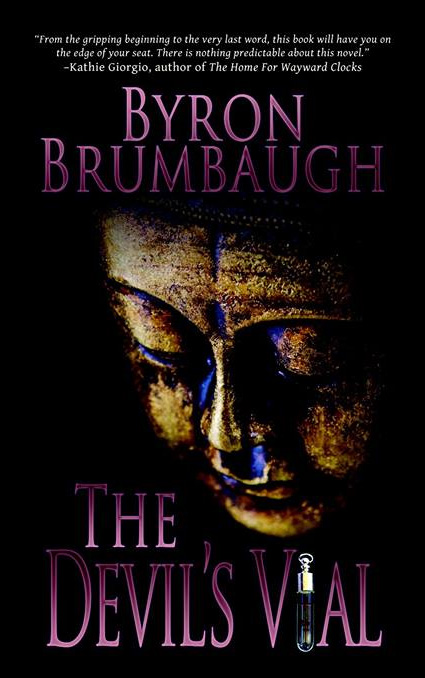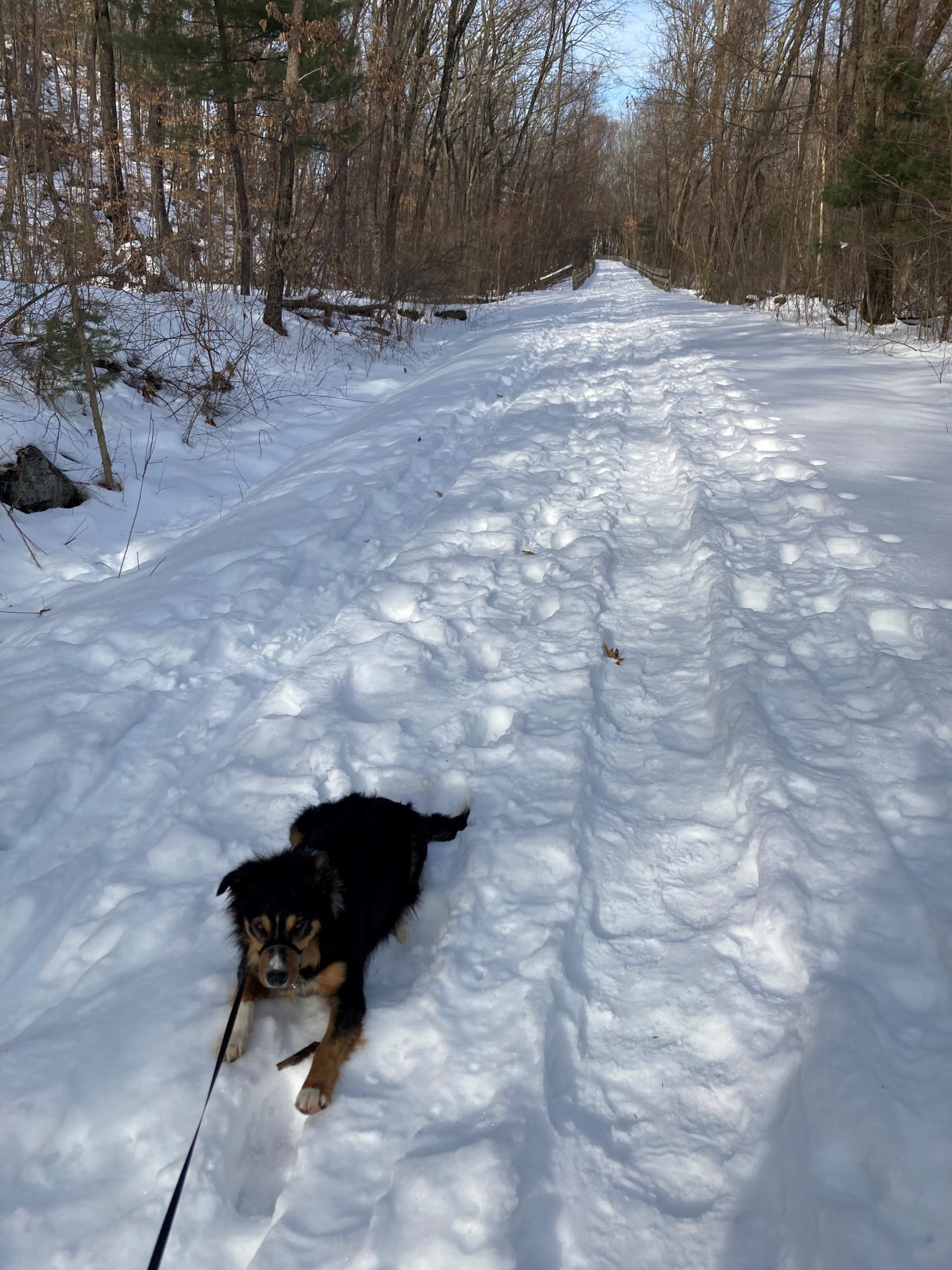Climate change is no longer some far-off problem; it is happening here, it is happening now.
-Barack Obama
Christine, Phyllis, Waldo and I have put our longer walks on a temporary hiatus. It’s cold and wintry out, but that’s not the reason. We just don’t want to traipse around in deep snow and most of the trails available to us are unplowed. Snow storms, a couple of weeks ago, left a good two feet of snow on the ground. Since then, it has settled somewhat and, in places, been stamped down into an uneven track that’s difficult to walk. For short distances, they’re tolerable, but for our longer treks, not so much. The Marlborough Rail Trail is the only exception I know. They plow it shortly after every storm. So, Waldo and I have someplace to go to put in our six daily miles. That does require about a 1.5-mile unplowed walk on the Hudson part of the trail, but that is something we can usually do. With effort.
Today, we’re in the middle of a polar vortex. That’s meteorologese for very cold weather coming down from the Canadian arctic into the lower contiguous 48 states. Because we’re so near the ocean in Massachusetts, which moderates temperatures on the land nearby, it’s not as bad as further inland. Texas is getting particularly hard hit. They’re having single digit temperatures in some places! Not being used to such frigidity, they are not prepared. Here, the temperatures are dipping down into the low double digits, which is plenty cold enough, thank you very much. It is believed that the frequency and severity of these polar vortices is due to global warming.
The argument goes that the jet stream keeps the arctic cold up north. Global warming has weakened the jet stream and that’s the reason the icy air migrates south. The fact is, due to the average temperature of the atmosphere increasing, more energy is being dumped into meteorological systems. That energy has to be dissipated, which means we have more frequent violent storms and storms that are more violent. All that energy makes the atmosphere swirl and rage in ways we’re not used to. Hence, we get Texas turned into an icicle.
Waldo loves going out to the rail-trail. He never tires of it. Always sniffing and searching about for entertainment, he always finds it. For example, he can sniff about on the surface of the snow, then plunge his nose deep into the white stuff and come out with a stick. Me, I look out over the forest, fields and fens alongside where we walk and I see a white blanket with bare poles and sticks reaching skyward. It’s a world in hibernation, waiting for warmer temperatures to be reborn. It’s waiting to explode in verdure and inflorescence. Like a sleeping child, it has a beauty all its own.
I look up at the sky above the trees. Blue, with white puffs of moisture, it hangs there as if it is vast and limitless. But it’s not. I’ve been to the top of Kilimanjaro, 19,341 ft above sea level. At that altitude there is very little air to breathe. The little blanket of air surrounding our planet is only one thousandth of the radius of the Earth. Seen from space, it’s a thin veil that provides us with the gaseous elements that we need for life. And at over seven billion, there are so many of us dumping the waste of our vast energy consumption into the environment that we are slowly making it impossible to live on the Earth. In 2017, it was estimated that 32.5 gigatons, that’s 65,000,000,000,000 pounds, of CO2 were pumped by us into the air. We are killing our planet.
It is time that we step back from our industry, our commercialism, our consumption and look at what we are doing. We don’t live in big modern buildings of hundreds of stories in height, we don’t live in cities the size of small countries, we don’t live in cars, buses, trains and airplanes, we don’t live in luxurious palaces of brick and mortar, we live in Nature. We live in a world of trees, bushes, flowers, grass, weeds, squirrels, rabbits, birds and insects. Those other places are just sites where we spend some of our time. We live in Nature and we need it, all of its trees, bushes, flowers, grass, weeds, squirrels, rabbits, birds and insects, and the air we breathe, to survive. And we are killing our planet. It’s up to us to stop it and stop it now.
Waldo and I, we’re going to do our part and decrease our carbon footprint. We’re going to walk more and drive less, for one thing.
And we’re going to enjoy Nature while we do it.



